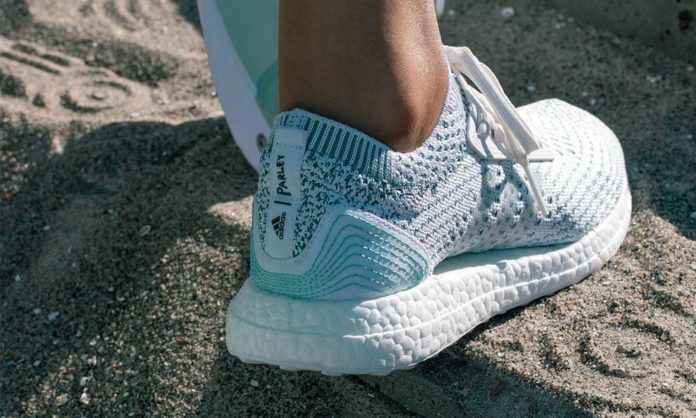If you enjoyed my Ultimate list of European Ethical, Sustainable, Eco-Friendly, or Natural fashion brands for men but didn’t quite find what you were after, then maybe something on this list of Sustainable Shoes & Accessories is more up your street.
As before, I’ll be adding to this list as and when I hear about new brands, so if you represent or know of any brand that should be here, please email me at manbodyspirit@gmail.com
Note: We have affiliation with only a few of these companies whom we vet closely to ensure they meet our sustainable and ethical standards. We have not necessarily tried the products of all of them.
Sustainable & Ethical Accessories
Oliver Co. (UK)
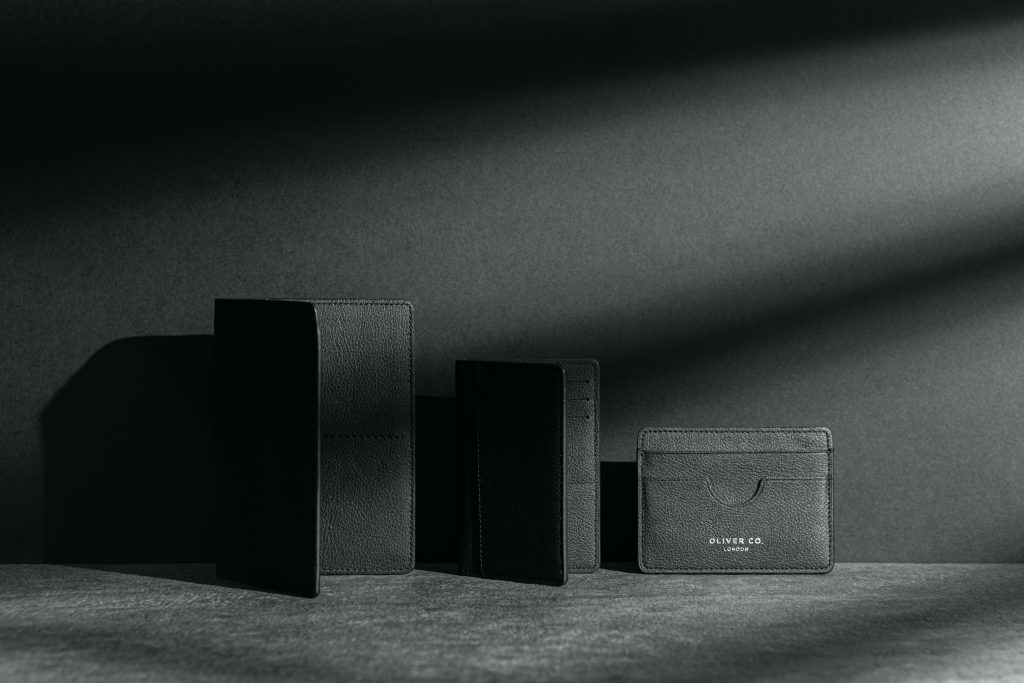
Oliver Co. is a sustainable progressive accessories brand that through transparency and innovation, creates highly functional products that cause as little environmental impact as possible. They aim to change people’s perceptions of sustainability and, through using innovative new fabrics and working with high-end manufacturers, create minimalistic functional designs that outlive fashion’s seasonal trends.
Oliver Co. are a direct to consumer brand, meaning they are able to cut out the middlemen associated with traditional retail. This allows them to spend more money on high quality materials and ethical craftsmanship, whilst still selling at a competitive price.
The company was started in 2017 by Matt Oliver, a product designer, who having studied sustainable design and previously worked in luxury watch design, wanted to apply both of his skills to create a sustainably progressive brand with the same level of detail and craftsmanship.
Elvis & Kresse (UK)

Since 2005 Elvis & Kresse have been rescuing raw materials, transforming them into luxury lifestyle accessories and donating 50% of profits back to charities. It all started when they learned that London’s damaged decommissioned fire brigade hoses were headed to landfill – and they spotted an opportunity to give those materials a second, more stylish, life. For over a decade now, none of London’s fire-hose has gone to landfill and over 175 tons of material has been reclaimed.
In 2017 the Burberry Foundation partnered with Elvis & Kresse to redraft 120 tonnes of leather off-cuts into new luxury items, designed and sold by Elvis & Kresse.
PinqPonq (Germany)
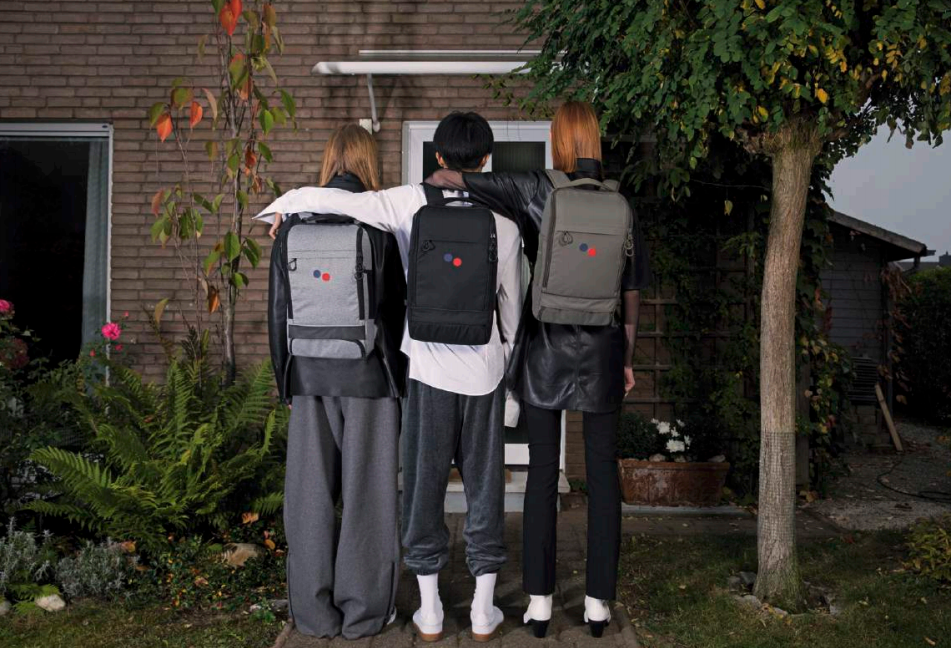
Pinqponq is a sustainably minded, innovative label from Cologne, Germany. Founded in 2014 with a mission to offer products that break new ground in sustainability and design.
Offering intelligently designed bags and accessories for the discerning nomad. Functionality is a starting point for everything pinqponq creates, finding inspiration from the worlds of Art, Architecture, Music and Fashion.
Sandqvist (Sweden)
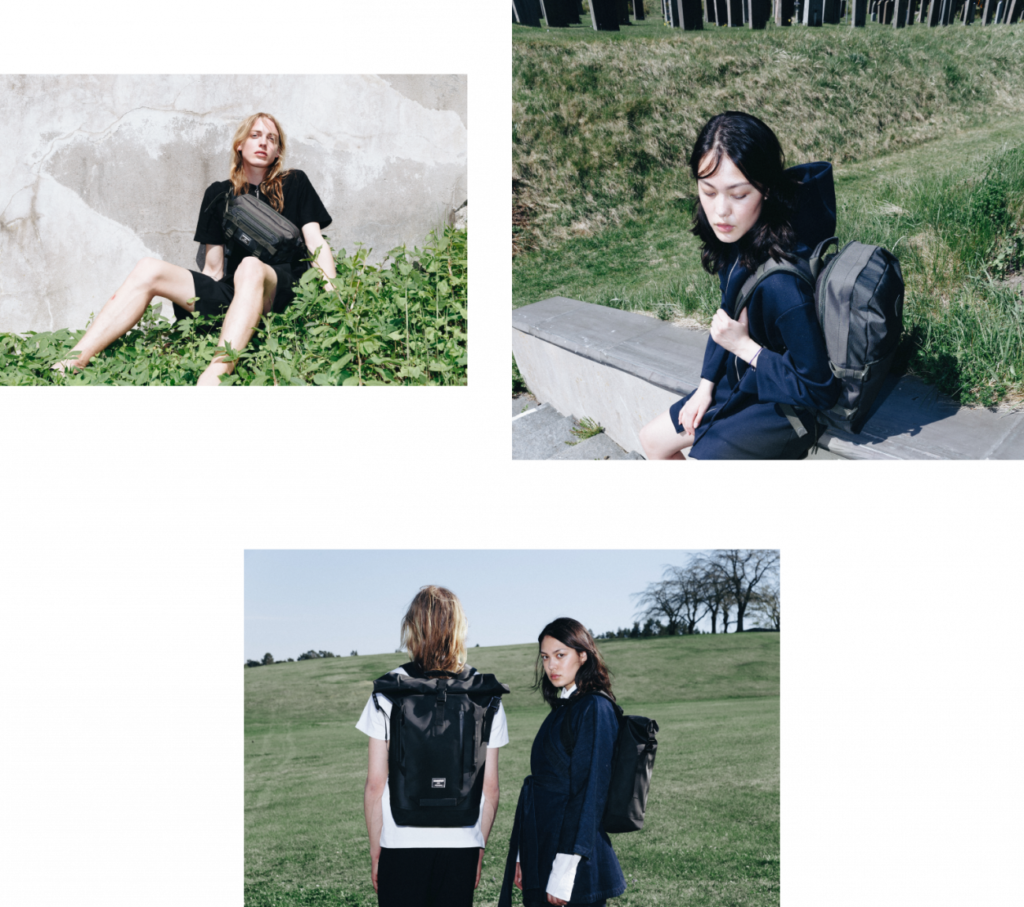
Swedish bag brand Sandqvist are committed to producing stylish and long lasting everyday bags in a way that is fair for everyone involved and with care for the environment. All products are made using organic cotton or vegetable tanned leather and all synthetic fabrics contain recycled fibres.
All of Sandqvist’s bags are uncomplicated and beautiful, with a clear Swedish heritage.
Sustainable & Ethical Shoes
adidas (Germany)
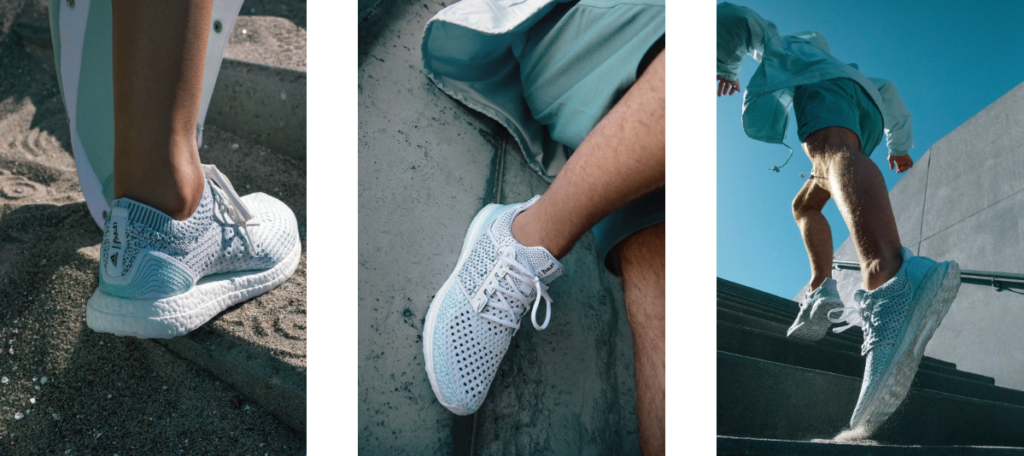
Leading the charge in transforming long-established production practices into more sustainable ones, adidas is setting an example for others in the industry to follow.
Greenpeace’s Detox the Catwalk campaign recognises the adidas Group as being committed to eliminating hazardous chemicals from their supply chain.
And the brand continues to prioritise their partnership with environmental group Parley for the Oceans to create more and more of their shoes and apparel from recycled ocean plastics. The original creator sports brand also practice full transparency in their disclosure of suppliers and sub-contractors.
On a mission to make 9 out of 10 of their products sustainable by 2025, in 2021 adidas have already launched shoes made from Mylo Mushroom leather, as well as their Made to be Remade collection, which you can return when you’ve worn them out and the brand will reuse the materials to make something new. No more waste!
allbirds
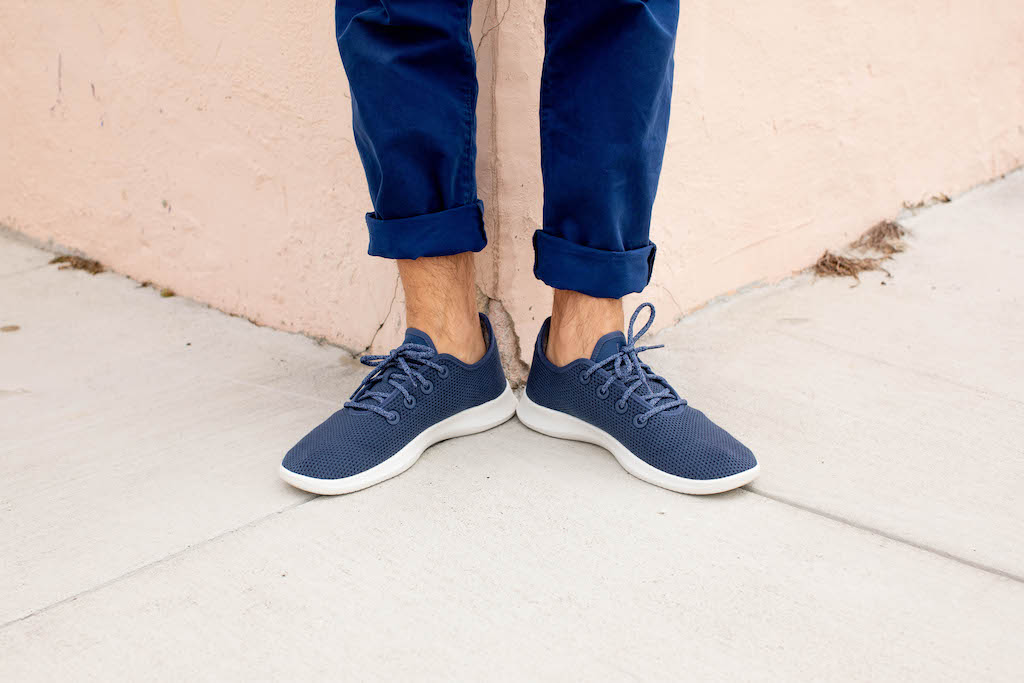
AllBirds is a B Corp. with one of the boldest and most determined list of sustainability commitments.
Using fully natural ingredients, they operate as a fully carbon neutral business and go way beyond, with initiatives focused on regenerative agriculture, consistent natural material innovation and clean energy.
Oh, and did we mention that their shoes are also insanely comfortable?
All Birds have also partnered with adidas on a joint quest to create the lowest carbon footprint performance shoe of all time!
Bella Storia (Italy)
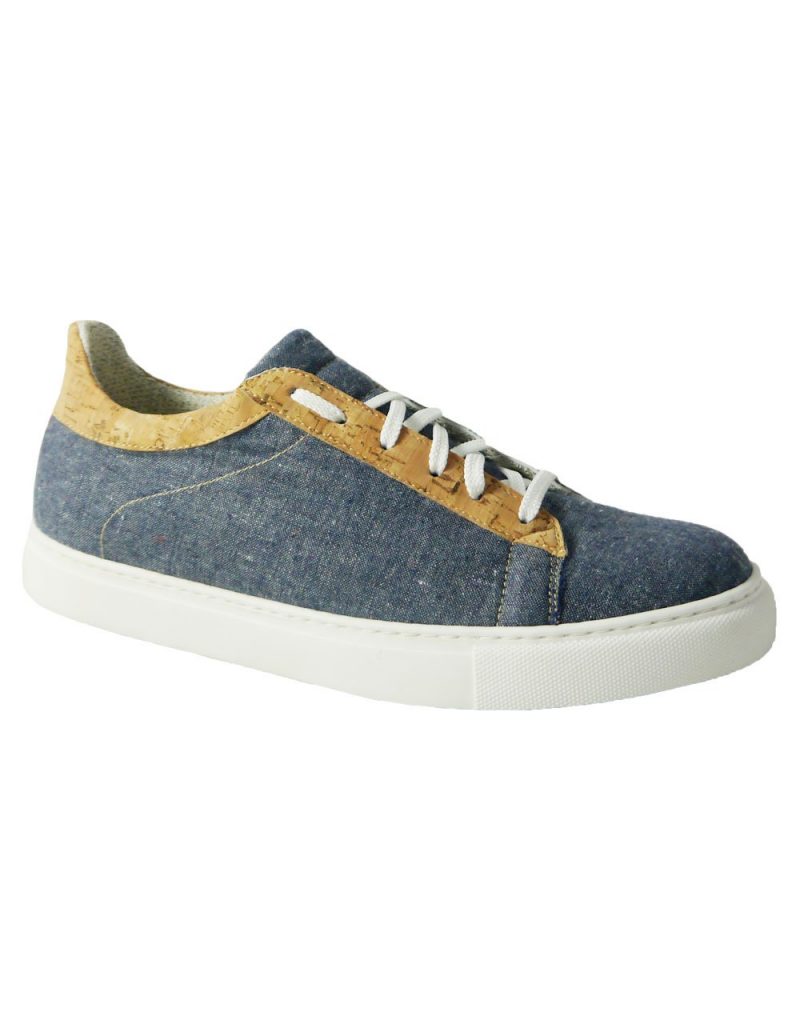
With sophisticated vegan shoes produced in stunning Tuscany, Bella Storia blends the finest of Italian design with sustainable, fair-trade practices to produce different styles for men, women, and kids. They use organic cotton, recycled PET plastic, as well as hemp, and nettle fibres in their shoes.
Ecoalf (Spain)
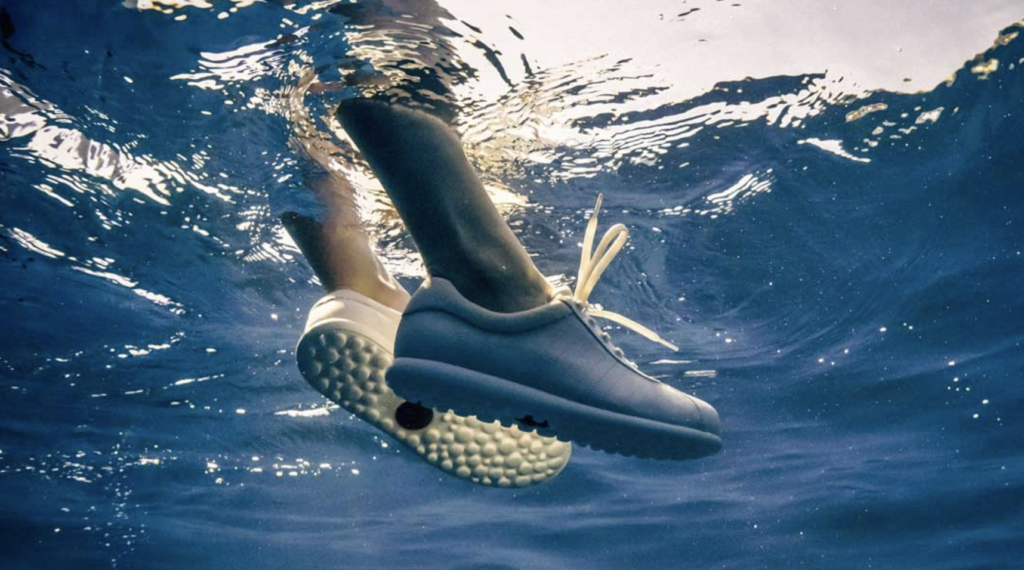
Applying the same future-focused sustainable approach to footwear as they do to their wider menswear offering, Ecoalf has partnered with Camper to produce ethical shoes from thread sourced from recovered plastic bottles, fabric scraps, and post-industrial waste. They also produce their own-label range of sneakers and flip-flops.
EKN (Germany)
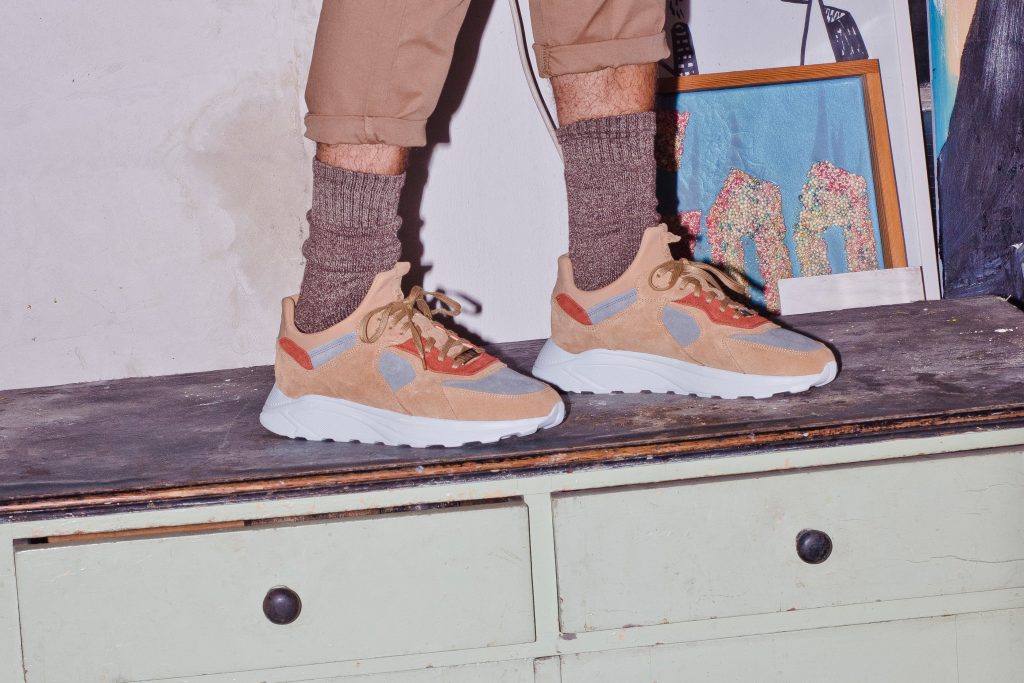
Uber cool & stylish German footwear brand offering sustainable footwear made of recycled PET plastic and rubber, as well as organic cotton. EKN has a variety of easy-to-wear styles and offer several all-occasion shoes and cool accessories.
FAIR (Portugal)![]()
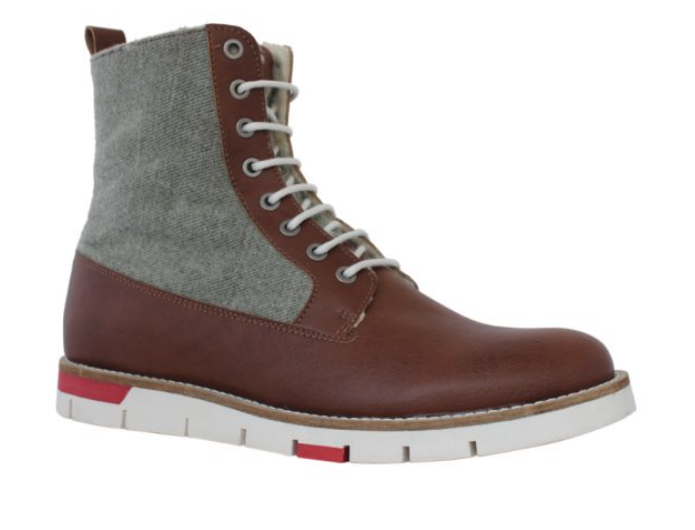
Produced in Portugal under worker-friendly conditions, FAIR produces stunning shoes to wear on all occasions. The name of the brand is an acronym that stands “for all its rights”, and unlike many other vegan shoe producers, the materials are PVC-free and safe for those prone to allergic reactions.
Genesis (Germany)
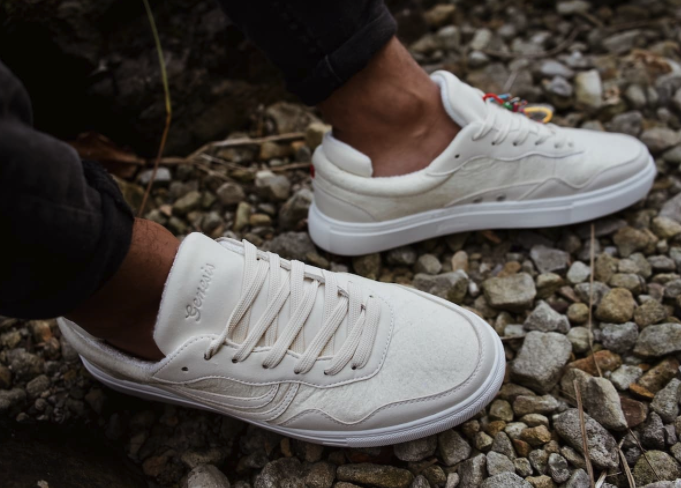
Produced with consideration of working conditions, using recycled materials, and mindful of transportation, Genesis sneakers will provide you with both style and comfort. Regularly donating to charity, this German brand is determined to make a difference in the footwear industry, all while creating memorable designs.
Good Guys Don’t Wear Leather (France)

Founded by designer Marion Hanania who, prior to starting her own ethical label used to work for big names such as Isabel Marant, Good Guys was the first label to introduce sustainability to the French footwear industry.
All their shoes are 100% vegan, using innovative materials such as apple skin, from apples grown in the orchards of Italy.
IMM (France)

With the immigration crisis impacting Europe and thousands of refugees fleeing wars each year, the idea to create a brand to help those looking for shelter and peace emerged in France.
Current political affairs have not only caused wars, but also increased inequality around the world, and this brand looks to counter those affects. IMM employs immigrants who, in turn, create sumptuous, stylish, handmade shoes.
NAE (Portugal)

NAE (No animal exploitation) designs vegetarian, ethical shoes made with sustainable and 100% vegan materials in certified and ethical factories in Portugal. The brand also manufactures all its products locally to reduce its carbon footprint.
They have a broad range of shoes for all occasions, including boots, sneakers, flat shoes and sandals – all designed with high style sensibilities.
ManBodySpirit readers can get a discount of 10% if you enter the promo code MANBODYSPIRIT10 at checkout.
Norm (Belgium)
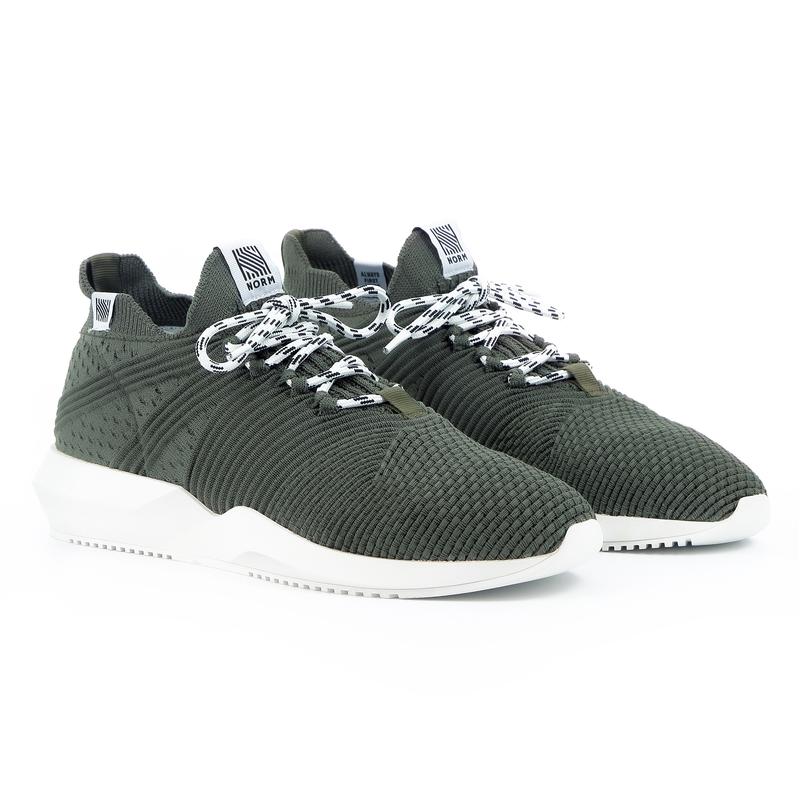
Crafted around the principles of “reduce, reuse, and recycle”, Norm boasts sneakers that are infinitely recyclable.
Their carbon-neutral vegan sneakers are composed of 90% reusable materials and the little carbon they do produce, they offset by planting trees in Madagascar. This brand also offers full transparency around its production chain and use sustainable transportation methods.
POZU (UK)

Po-zu create sustainable and ethical shoes made from carefully selected natural and sustainable materials that are good for your feet, kind to the environment and safe for all workers throughout the supply chain.
‘Po-Zu’ stems from the Japanese ポーズ, meaning to pause, reflecting their mission to provide respite from the frantic pace of busy lives, and to disrupt the damage that modern footwear manufacturing often causes to people and the planet.
SAOLA SHOES (France)

Devoted to both sustainable production as well as wildlife conservation, Saola shoes is a French brand that uses mostly recycled materials to create stunning shoes.
With the footwear industry being one of the greatest polluters – almost none of the 25 billion pairs produced annually are using sustainable strategies – the idea to make an affordable, eco-conscious shoe was born. Each pair of Saola shoes contains four or five recycled PET bottles and the soles are manufactured using algae foam.
Due to climate change, lakes and rivers have seen an uprise in the growth of harmful algae, posing a threat to the health of plants, animals, and humans. Soala and their partner, Bloom Foam, harvest those algae and incorporate them into the eco-friendly shoes you’re bound to love. They also donate 1% of their profits to wildlife conservation projects.
Vagabond (Sweden)
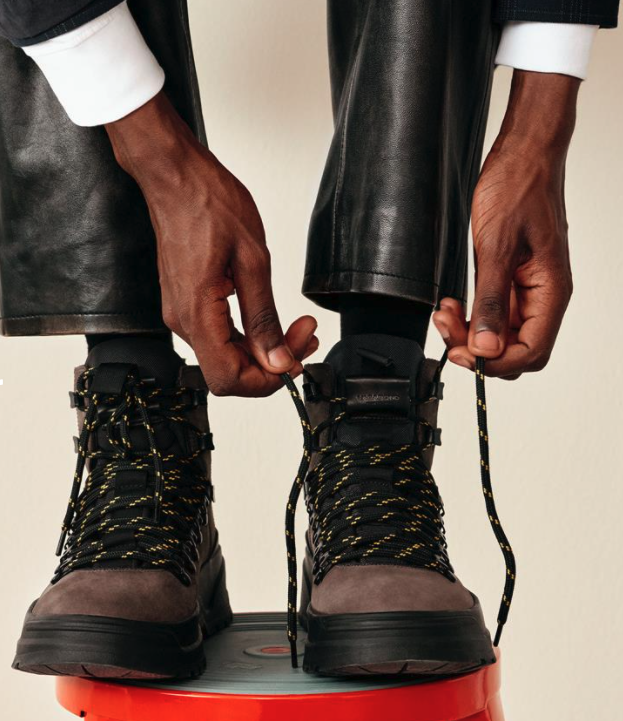
Eco-conscious fashionistas will be thrilled to discover this Swedish brand connecting affordability with immaculate design.
From using environmentally friendly glue to avoiding air transportation, Vagabond strives to ensure that their products are made in the most conscious manner without sacrificing style and comfort.
Part of their profits are donated to various charitable organisations. Just last year they aided UNHCR, Doctors Without Borders, Water Aid, WWF, and many others.
VEJA (France)
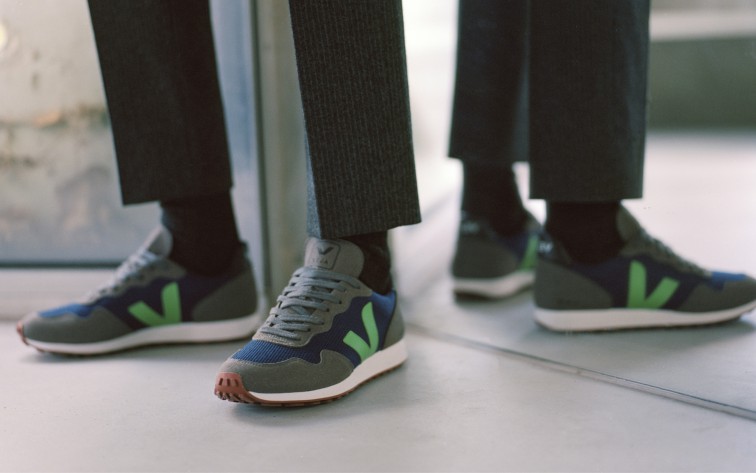
Paris-based Veja creates ecological and fairtrade footwear and accessories. It adopted a robust Code of Conduct to counter the risks of labour abuse and uses a high-proportion of eco-friendly materials, like organic cotton.
Wair (Denmark)

Designed in Denmark, produced in Portugal, the Wair shoe brand pride themselves on crafting cool sneakers from the textile surplus that would otherwise end up in the landfills.
Every single part of their footwear is made from recycled materials to help fashion evolve into a more circular industry.


